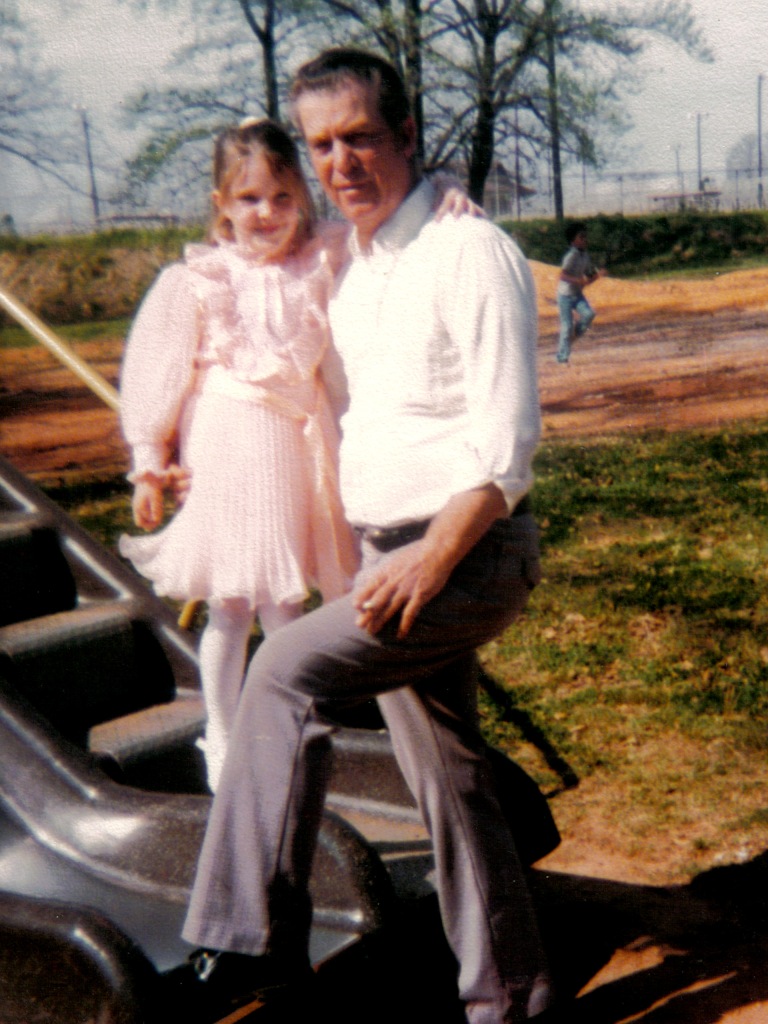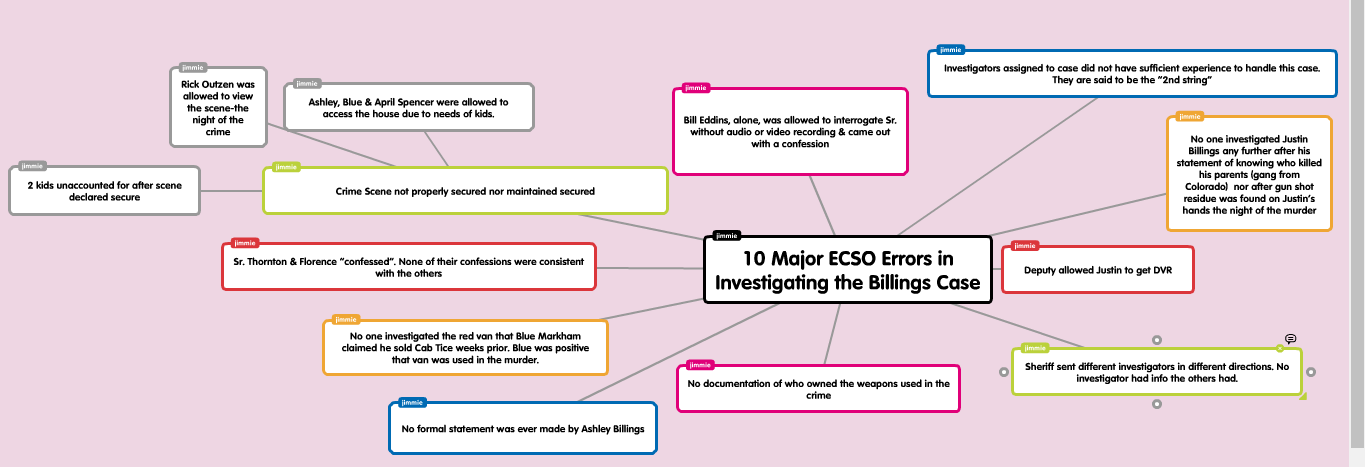So today, I was reminded of why it is important to not make concessions based on trying to be politically correct. For the last almost 9 years, I have made my life’s mission to help someone who was wrongfully convicted. I don’t make any money and I damn sure don’t make any friends. But it is important and I have no disillusions about the person I am focused on helping. He’s got baggage but the one thing I can say, without hesitation, is his trial was a mockery. If advocating for him is politically incorrect, so be it, but it is the right thing.
Most of all, I want to make one thing absolutely clear, I help the people I help because they have gotten a raw deal. Most of the time, they are marginalized people. I vet the cases and I stand behind all of them. I do that because it is the right thing to do. It is literally that simple. I don’t befriend people because they can advance me or my causes, and I don’t ostracize people for their own peculiarities or because they are politically toxic. That’s not me. I am very much the person who follows my own moral compass, rather than the popular views of others. I call few my friends and I rarely have been proven wrong because I have an instinct for people. If I call you a friend, I will go through hell and high water for you. If I don’t call you a friend, don’t expect that to change.
Having said all that, I recently went against my better judgment and welcomed someone I called a friend back into my life. This person walked away because of my views on national politics. I was floored because it never crossed my mind to isolate or cut a friend loose over something so ridiculous. This person felt it was perfectly ok and my intuition told me that letting them walk was in my best interest. After the absurdity of the national election, this person wanted to reconnect. Against my own inner voice, I decided maybe it was a good thing to let bygones be bygones. But today, because Trump was acquitted, I was told that an agreement among friends might not be honored.
If national politics determines whether you help a friend or support a cause that is right, then you have no place in my life. I knew, inevitably, this situation would crop up again, because this person clearly only sees me as a one dimensional person who is the sum total of my national political view; I’m not a friend; I’m not a confidant. I’m not someone they value, warts and all. I can’t accept that. I give more than that and if that kind of mutual respect isn’t a reciprocated, The relationship is done. Being my friend can be difficult because I have strong beliefs that aren’t always shared, I realize there is a huge majority of people who have no backbone to stand for what’s right for that simple purpose it is right and nothing else. I get that. But when a friend, or a supposed friend, decides that national politics trumps a friendship, then it’s time to cut the loss and move on.
"I never had to hang my head in shame For puttin' a price tag on my name Never turned my back on what I believe Or let my heart be ruled by greed 'Cause buddy if I didn't earn it, I don't want it That way I can always say, I got it honest Now you ain't looking at some dude That was born with a Silver spoon in his mouth And I might seem like some kind of low-life To that high-falutin' crowd But I'm plain spoken, straight talkin' And damn proud of what I have accomplished Some folks appreciate that and some don't But, I got it honest"




